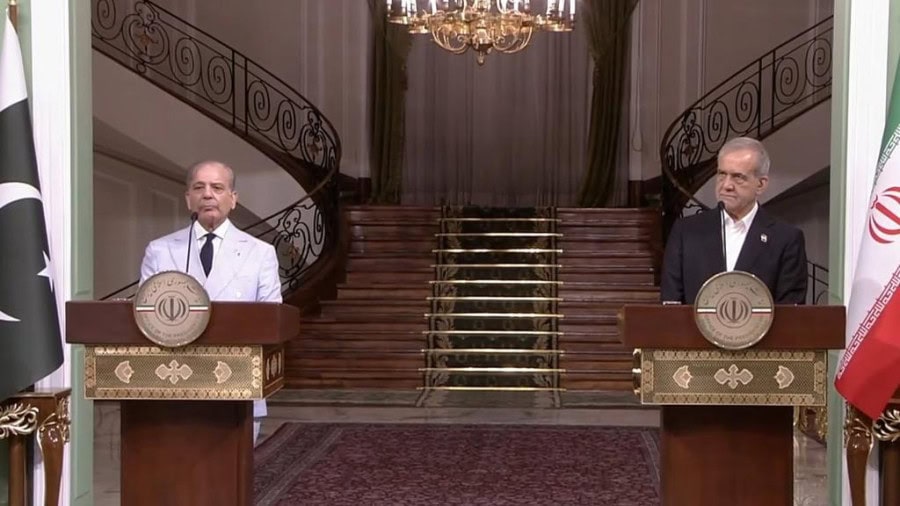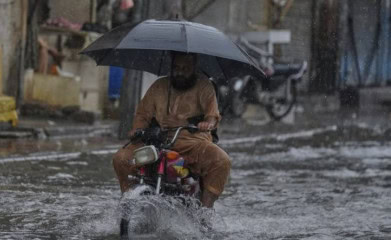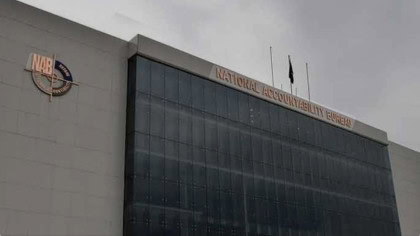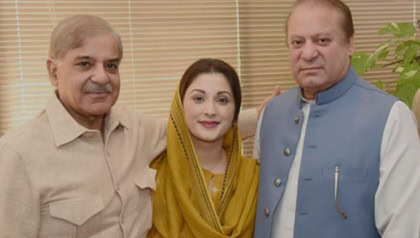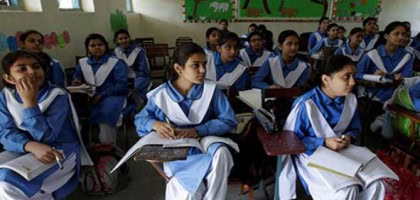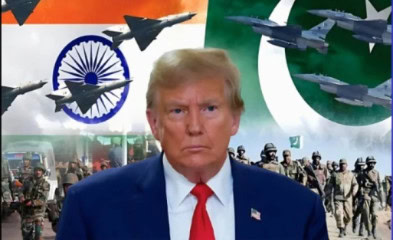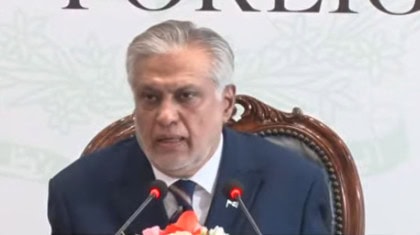TEHRAN – Prime Minister Shehbaz Sharif voiced Pakistan’s strong support for Tehran’s right to peaceful nuclear technology and reiterated Pakistan’s commitment to regional peace and dialogue.
Speaking at joint presser with Iranian President Dr. Masoud Pezeshkian in Tehran, Pakistani PM Sharif reiterated that Pakistan advocates peace and is ready to resolve longstanding issues through diplomacy, particularly with neighboring India.
“We are prepared to engage in meaningful talks with India on all major disputes, including the core issue of Kashmir,” said Sharif. “Peace and stability in South Asia are vital not just for the region but for global harmony.”
During the visit, Sharif was formally received at the historic Saadabad Palace with a ceremonial guard of honour. The talks between Pakistani and Iranian leaderships are expected to focus on strengthening bilateral relations, economic cooperation, and regional security.
The prime minister is on a high-level official visit to Iran, accompanied by Deputy Prime Minister Ishaq Dar, Chief of Army Staff General Asim Munir, Federal Ministers Mohsin Naqvi and Attaullah Tarar, and Special Assistant to the Prime Minister Tariq Fatemi. Pakistan will also express gratitude to the Iranian government for its diplomatic backing during Islamabad’s recent standoff with New Delhi.
Sharif and Pakistan’s top delegation are scheduled to meet Iran’s Supreme Leader, Ayatollah Seyyed Ali Khamenei, for further discussions on mutual interests and regional issues.
This visit marks an important step in reinforcing Pakistan-Iran ties and highlighting Islamabad’s broader commitment to peace and diplomacy in the region.
Iran’s Nuclear Tech
Iran’s nuclear program started long timeback with US support for peaceful research. After 1979 revolution, the program continued secretly. Tehran signed Nuclear Non-Proliferation Treaty (NPT), allowing IAEA inspections, but undeclared activities were reported in last couple of decades.
A report said Iran stopped its suspected nuclear weapons work in 2003, though IAEA found signs of continued research. Iran’s first nuclear power plant, Bushehr-1, started operating in 2011 with Russian help, and further projects were planned.
2015 nuclear deal aimed to limit Iran’s program, but US stepped back, leading to massive sanctions. Iran remained compliant until 2019, then started violating the agreement.

